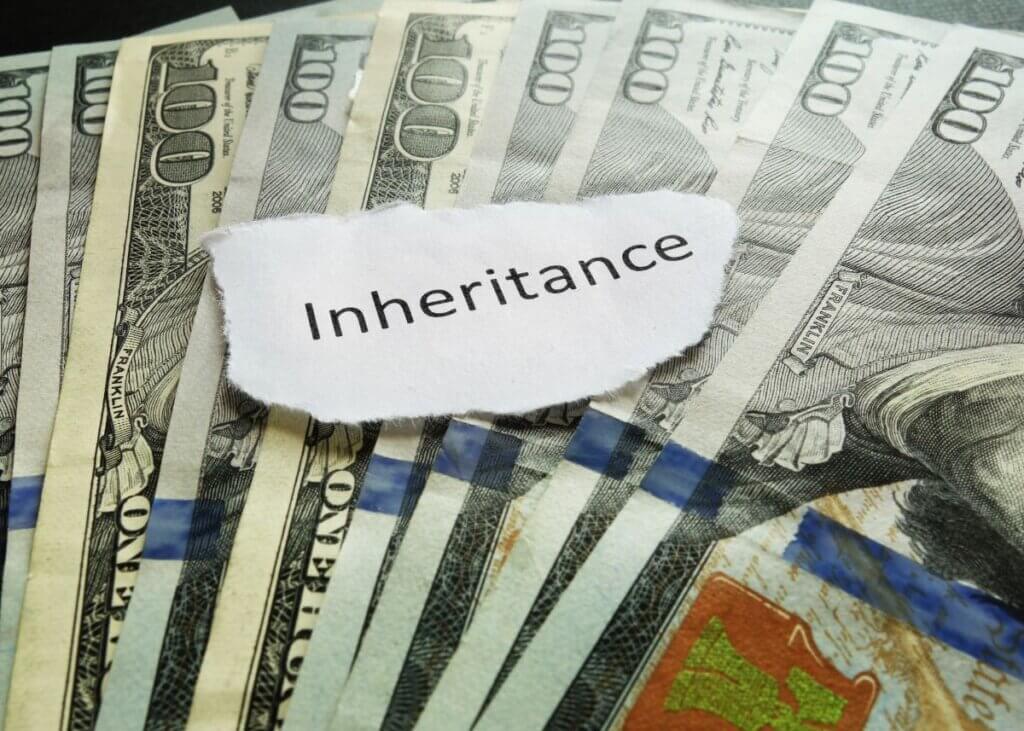
Can Your Kids Handle Their Inheritance?
With trillions set to change hands over the coming decades, we’re in the middle of the largest generational wealth transfer in U.S. history. But the real question isn’t how much your kids will inherit—it’s whether they’ll be ready for it.
In 2025, as debt levels climb and financial literacy struggles to keep pace, many parents are rethinking how—and when—to pass down wealth. Here’s how to protect your legacy while empowering your children to manage it wisely.
2025 Snapshot: How Are Young Adults Really Doing?
Let’s look at the current financial picture:
- Debt is heavy—and growing. Many young adults carry significant student loans, credit card debt, and rising living costs. In the Western U.S., the average household owes over $104,000.
- Financial literacy is low. A 2024 TIAA-GFLEC study found that Gen Z scored just 38% on financial literacy basics—yet many are already managing complex money decisions.
- “Soft saving” is common. Instead of saving for retirement, many prioritize short-term lifestyle goals and flexibility. That’s not inherently bad—but without a plan, inherited wealth can disappear fast.
- Mismatch in expectations. While more parents plan to leave an inheritance, only 20% of adult children expect to receive one. That disconnect can lead to confusion and poor preparation.
Estate Planning Strategies for Modern Families
If your goal is to pass on wealth and set your kids up for success, these tools can help:
1. Phased Distributions—Not Lump Sums
One of the biggest mistakes is giving too much, too soon. Instead, consider staged distributions:
- By age (e.g., 25, 30, 35): Gives time to mature and gain experience.
- By milestone (e.g., home purchase, education, business start): Encourages goal-setting and responsibility.
- Over time (e.g., annual or quarterly distributions for 10–20 years): Helps prevent large financial mistakes.
These strategies give beneficiaries breathing room—and help preserve your legacy longer.
2. Choosing the Right Trustee
Who manages the trust makes a big difference. Your trustee will be the gatekeeper of your plan, so choose carefully:
- Family members might know your children well, but can bring in personal dynamics.
- Professional trustees offer experience, neutrality, and long-term consistency.
- Corporate or co-trustees can balance both worlds by bringing professional oversight with personal connection.
Also consider naming a Trust Protector—someone who can step in to remove or replace a trustee if needed.
3. Build Financial Education Into the Plan
An inheritance without preparation can quickly become a burden. You can build accountability into your estate plan:
- Require beneficiaries to complete financial literacy courses before accessing certain funds.
- Encourage meetings with your financial advisor or estate attorney.
- Share your own values and wishes through a legacy letter or family meeting.
The goal isn’t control—it’s clarity and empowerment.
2025 Planning Considerations
Don’t overlook these current U.S. trends:
| Trend | Why It Matters |
| Estate tax exemption is set to drop in 2026. | The federal estate tax exemption is historically high but it’s scheduled to cut in half in 2026. Now’s the time to use advanced strategies like gifting and trust planning. |
| Inherited IRA rules are stricter. | Non-spouse beneficiaries must now withdraw inherited IRAs within 10 years, and new IRS guidance is enforcing annual required minimum distributions. Mistakes can mean penalties. |
| Digital assets are often overlooked. | Cryptocurrency, photos, emails, and online accounts need to be included in your estate plan so your heirs can access them—and not lose them forever. |
Final Thoughts: Your Legacy, Their Future
It’s not enough to just pass down wealth. A meaningful legacy includes preparation, values, and guidance.
Here’s what you can do right now:
- Set up a trust with thoughtful distribution terms
- Choose the right trustee (and backup)
- Talk to your kids about money—early and often
- Build education and accountability into your plan
- Revisit your estate plan before the 2026 tax changes
An inheritance can be a powerful tool—or a missed opportunity. The difference often comes down to how well your kids are prepared.
Want to talk through strategies like phased distributions or choosing the right trustee? We’re here to help.
Let us help you protect your plan—and the people it’s meant for.
